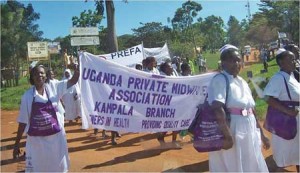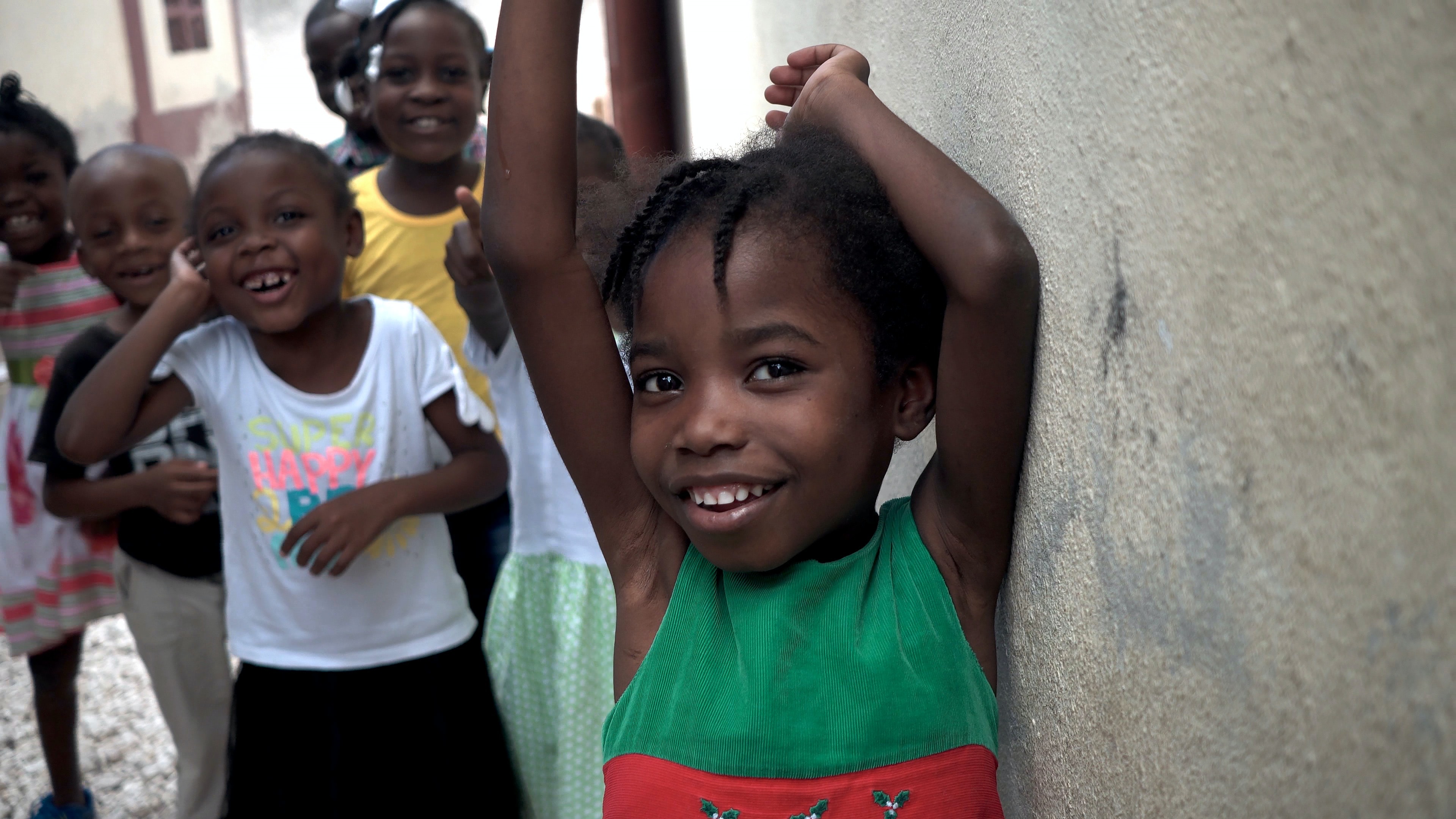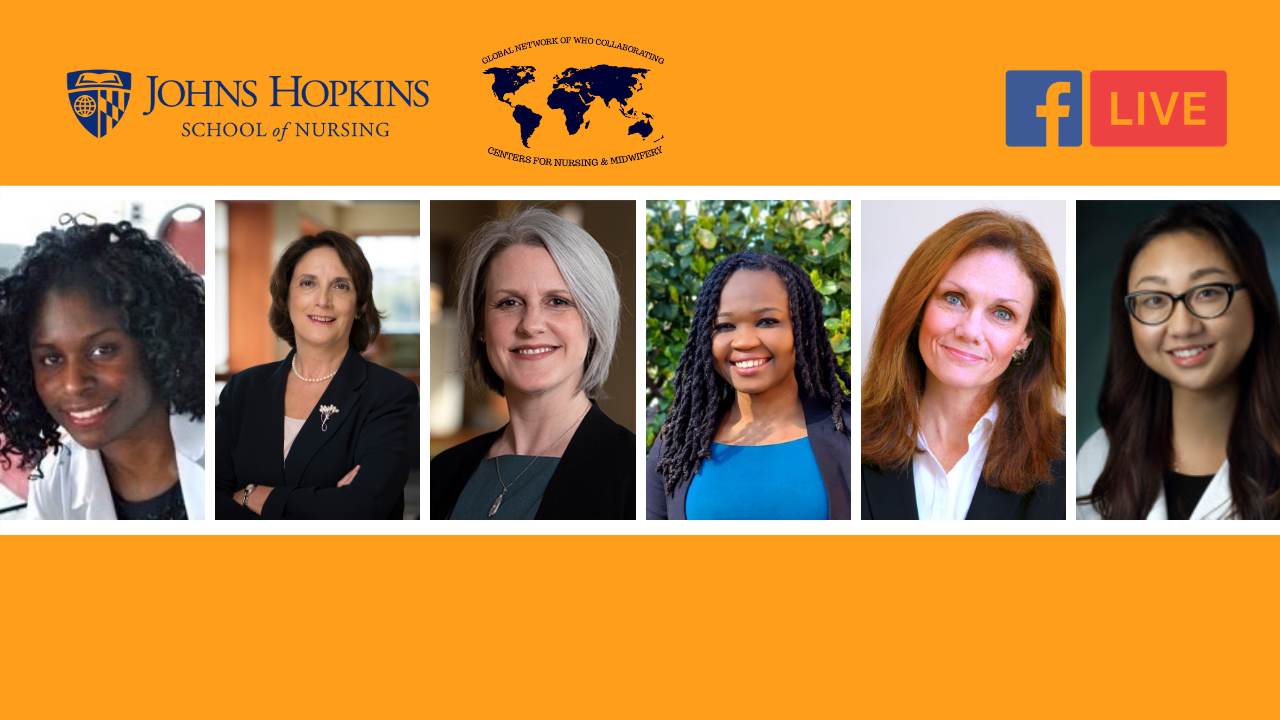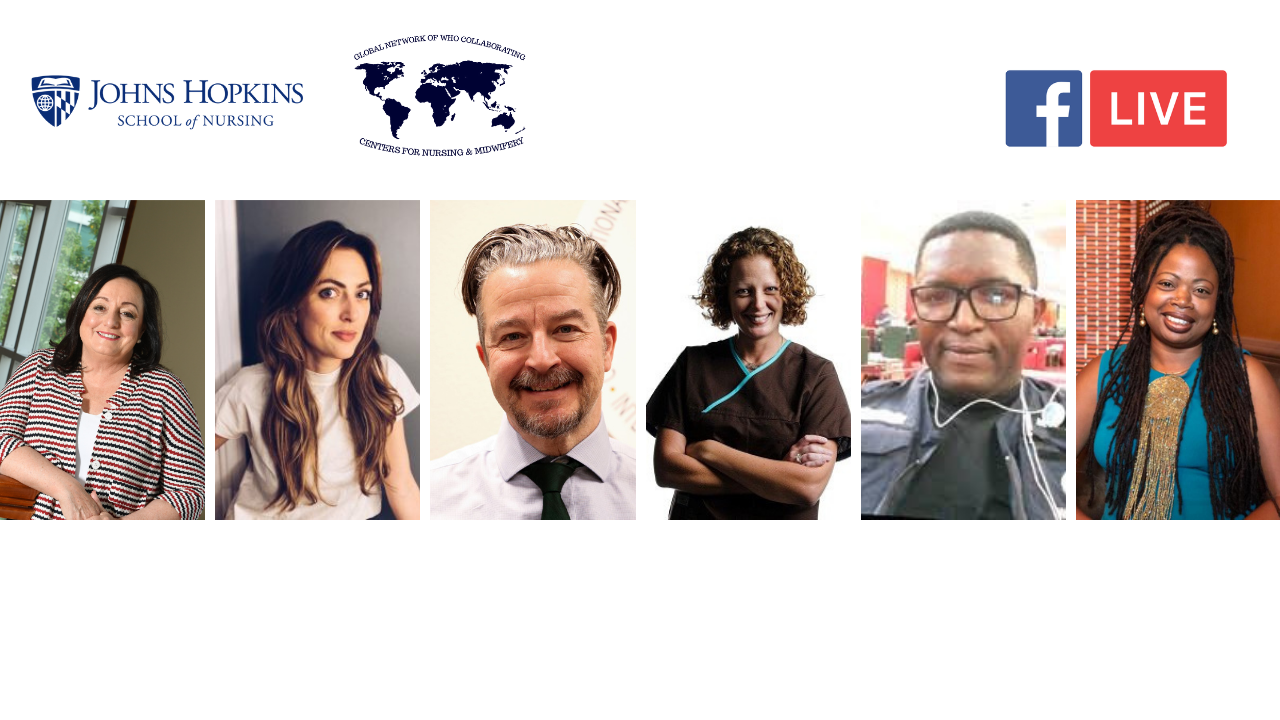By Kelly Brooks-Staub
In Uganda, where life expectancy is only 52 years, the health problems are overwhelming. HIV/AIDS and malaria are the leading causes of death, the maternal mortality rate is among the highest in the world, and infectious diseases are a constant threat.

“The question we’re asking is ‘How can Makerere University—with its enormous 35,000 student population—better serve the Ugandan population in educating future health care providers?’” says assistant professor Sara Groves, DrPH, APRN, BC, who is coordinating the assessment, aimed at improving health outcomes in Uganda and East Africa. “We want to collect data that is beneficial to Makerere, to find the right resources to grow the university, and to create the best education possible.”
The multi-tiered program will determine methods to best serve Uganda in terms of the health care curricula, research, and administrative structure. Groves notes she is also facilitating the assessment of the health care delivery system in hospitals and clinics to ensure “the grant is implemented to teach students to deliver health care in the best possible way.”
As part of the grant, she is also working with four pilot projects to improve health care education and delivery: a community-based education program for health care students; an exploration of incentives for women to deliver their babies in hospitals or community centers to decrease maternal mortality; an attempt to improve the translation of health care research to impact public policy; and an experiment to translate successful models of HIV treatment in urban environments for use in rural community clinics.
The job includes coordination between faculty at Makerere and Hopkins, within the disciplines of nursing, medicine, and public health, to assess the health care education and delivery in the country. The group will collect data through the end of the year and in 2010 will work to synthesize the information and write a strategic plan.
“It’s a well-organized effort, considering its scope,” says Groves. “Everyone is really involved. The program has been embraced throughout both Hopkins and Makerere.”
In addition to managing the health care and educational needs assessments, Groves is also teaching a Public Health Nursing course, which includes taking Makerere students to work at remote sites in rural Uganda.
For nursing students at Hopkins, the collaboration will provide international opportunities as well. This year, four MSN/MPH students will travel to Uganda to work on the community health needs assessment and program evaluations.
“Our work in Makerere is just one example of what is possible for Hopkins Nursing internationally,” says Dean Martha N. Hill, PhD, RN, FAAN. “We’re collaborating in so many areas—curriculum development, teaching, mentoring, modeling, and data collection.”
A joint effort of nursing, medicine, and public health at both universities, the collaboration is funded by the Bill & Melinda Gates Foundation and being facilitated by the Johns Hopkins Center for Global Health.
Says Groves, “It’s been great fun to get students and faculty on two continents working together. In 10 years, I hope to see that the Hopkins-Makerere collaboration has made a significant impact on the health of Ugandans.”
 Global Service Learning: Guatemala
Global Service Learning: Guatemala From Baltimore to Vellore, India: Global Support for Nurses Struggling with COVID-Related Mental Health
From Baltimore to Vellore, India: Global Support for Nurses Struggling with COVID-Related Mental Health 7 Steps to Ensure Quality Global Health Missions
7 Steps to Ensure Quality Global Health Missions On The Pulse: COVID Vaccine Equity, Reaching Underserved Communities Locally & Globally
On The Pulse: COVID Vaccine Equity, Reaching Underserved Communities Locally & Globally On The Pulse: The Impact of COVID-19 on Nursing
On The Pulse: The Impact of COVID-19 on Nursing







